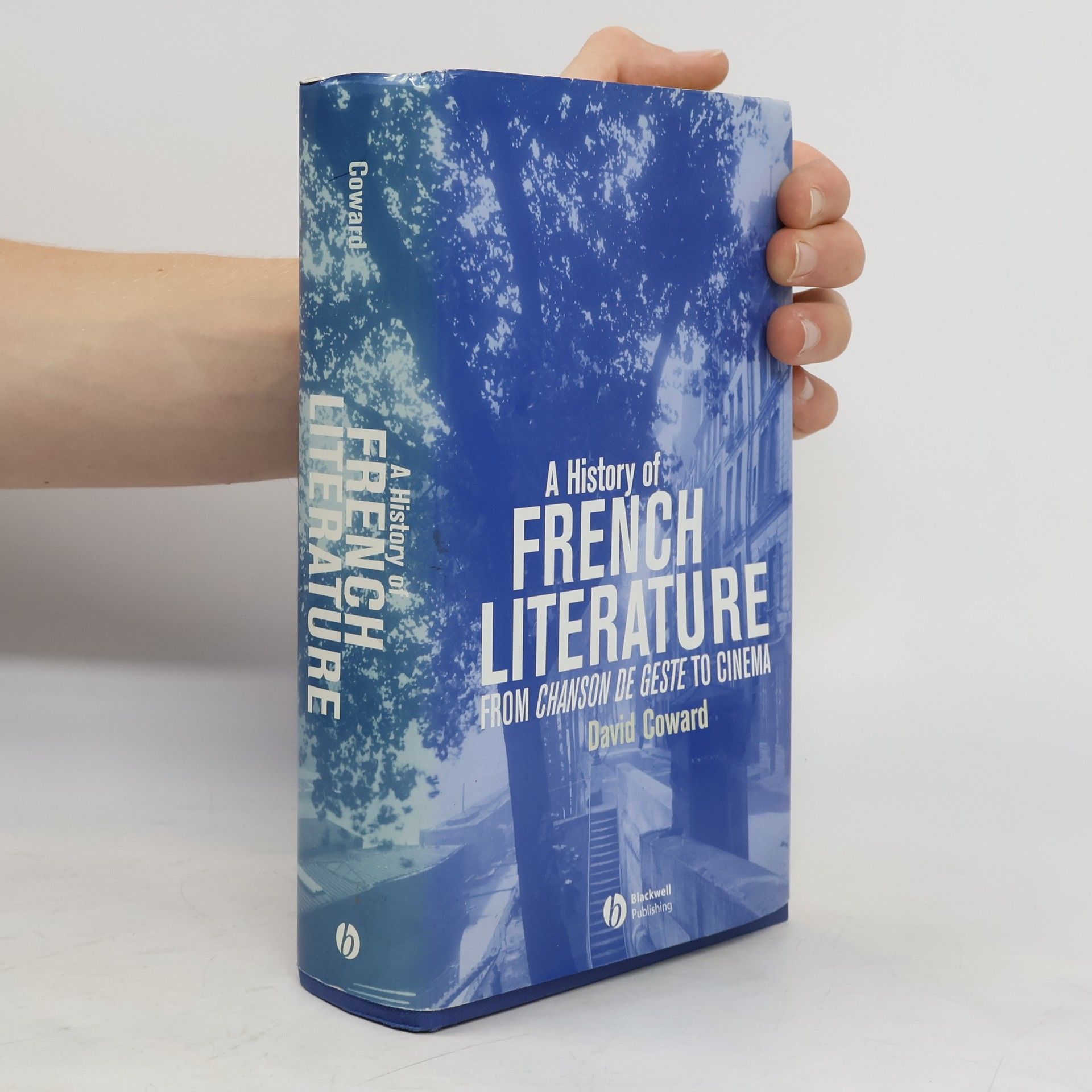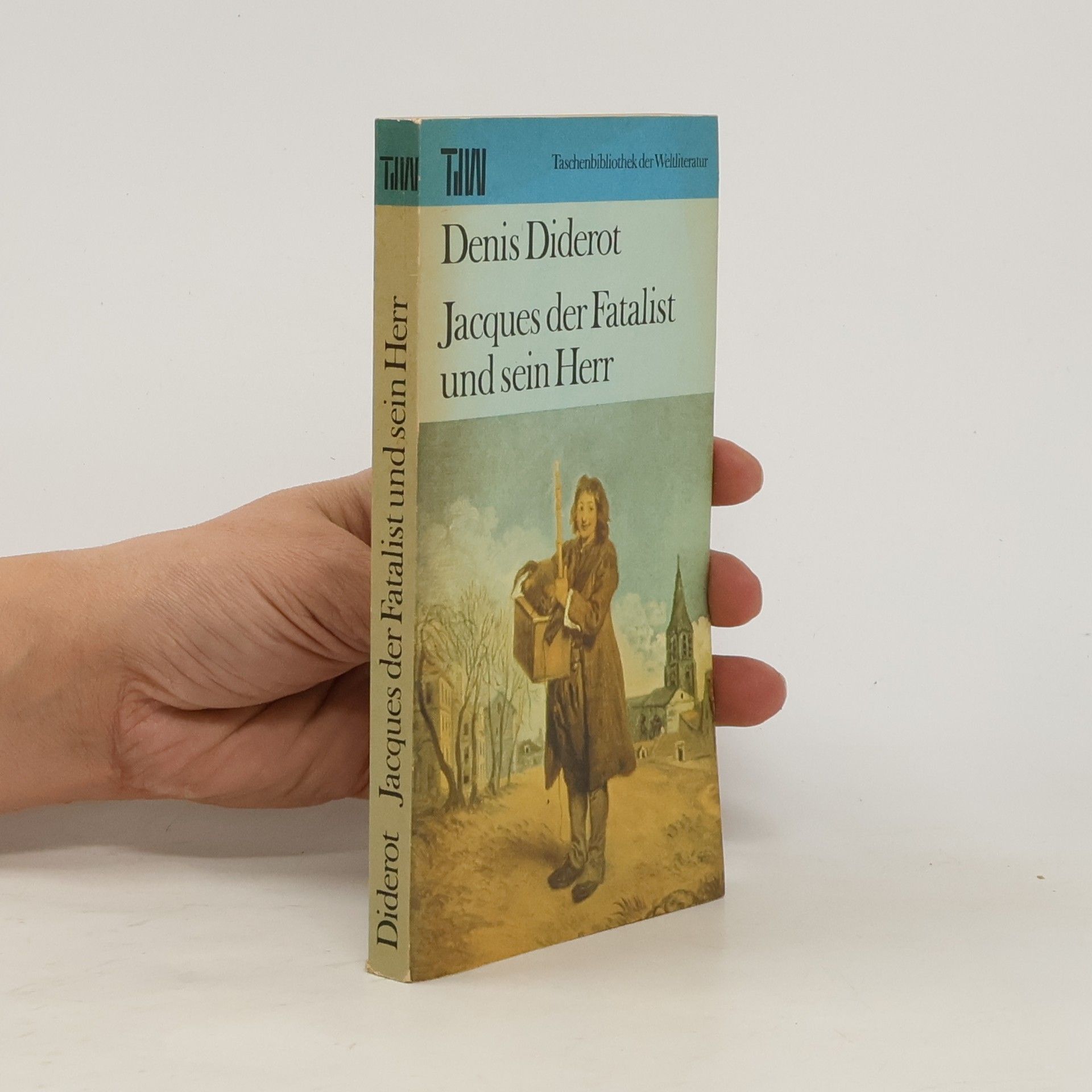Einer der wichtigsten französischen Romane des 20. Jahrhunderts - neu aufgelegt mit überarbeiteter Übersetzung »Ein verstörender Roman von großer erotischer Kraft ... etwas Kitsch wetterleuchtet darüber hin, was den Genuss keinesfalls beeinträchtigt, ihn sogar erhöht. Im Kern ungeheuerlich: der Untergang des europäischen Judentums gespiegelt in einer verzweifelten Affäre.« Sibylle Lewitscharoff Der reiche und schöne Solal, jüdischer Diplomat beim Völkerbund, verführt zu Beginn der 30erJahre Ariane, die Frau eines Kollegen. Was als prickelnde Affäre beginnt, wird rasch zu einer beide Partner verschlingenden Passion. Nach den lustvollen und rauschhaften ersten Monaten versuchen Ariane und Solal immer verzweifelter, die Leidenschaft füreinander am Leben zu erhalten. Die anfängliche Lust wird zur Qual. Liebe schlägt um in Eifersucht und Entfremdung. Albert Cohens Meisterwerk ist einer der größten Liebesromane des 20. Jahrhunderts und hat bis heute nichts von seiner Wucht verloren.
David Coward Bücher



Denis Diderot, der vielleicht klügste, sicher aber heiterste und menschlichste der französischen Aufklärer, schenkte uns mit seinem Roman 'Jacques der Fatalist und sein Herr' die Summe seiner ironischen Beschäftigung mit Philosophie und Ästhetik. Diderot sprüht vor Erzähllust und schickt sein Protagonistenpaar, das an Don Quijote und Sancho Pansa erinnert, auf eine Reise durch Frankreich. Die beiden erörtern auf geistreiche Weise unablässig philosophische Fragen während sie reiten und rasten, in Wirtshäusern einkehren, dort mit anderen reden und bis tief in die Nacht Wein trinken. Hinrich Schmidt-Henkel schöpft in seiner Neuübersetzung die Lakonie und den pointierten Rhythmus des Originals voll aus und bietet dem Leser die Möglichkeit, Diderot als Zeitgenossen zu lesen
This ambitious volume is more than a history of French literature; it explores the profound impact of post-modern thought on our understanding of 'literature' itself. David Coward presents the rich diversity of French literature, enhanced by new Francophone contributions from Europe, Canada, the West Indies, and Africa. His narrative situates literary development within broader cultural contexts, linking it to the social conditions and mentalities that shaped it. Coward transcends traditional notions of 'literature' by delving into best-sellers, graphic fiction, and cinema. He traces the evolution of the intellectual from the Dreyfus Affair through the divisions of the 1930s, from Existentialists to Post-Structuralists, mapping a journey from literary doctrine to critical theory. Covering a wide range of topics—from medieval feminism to contemporary issues, and from 15th-century modernism to Proust—Coward serves as an engaging guide. He clearly outlines themes and genres, enabling readers to follow the evolution of theatre, poetry, and fiction, as well as broader issues like censorship and writers' rewards. The text is further enhanced by a comprehensive and user-friendly index, making it accessible for readers seeking to navigate this expansive literary landscape.